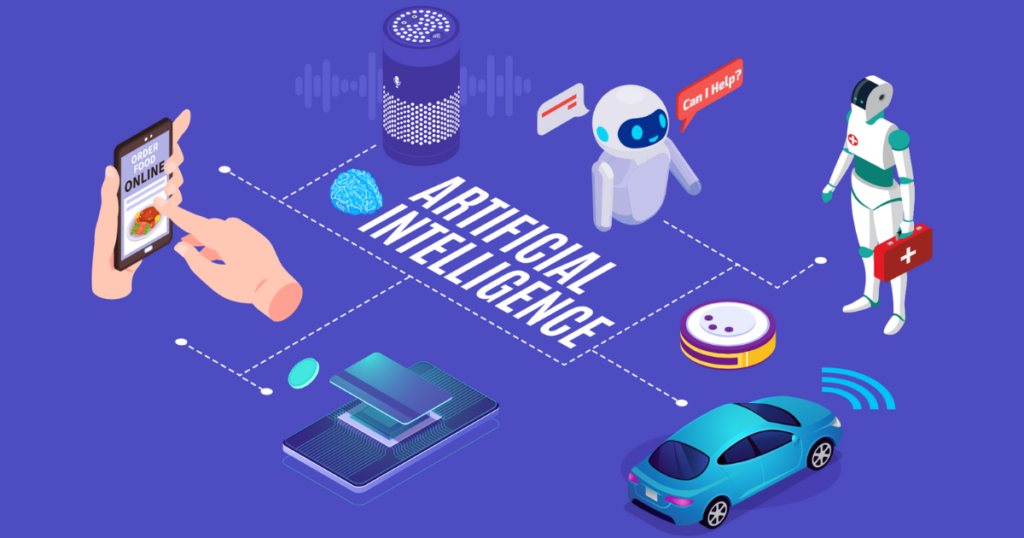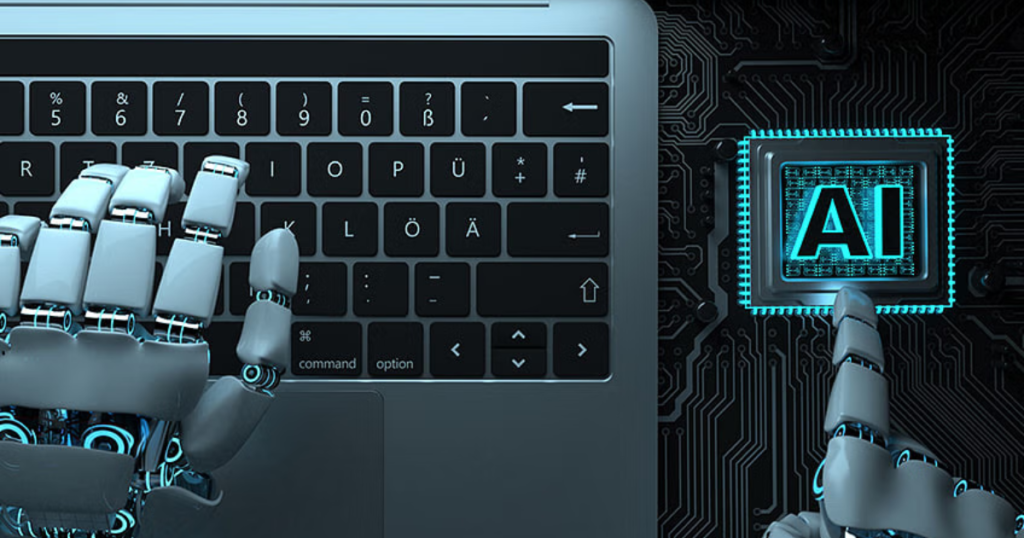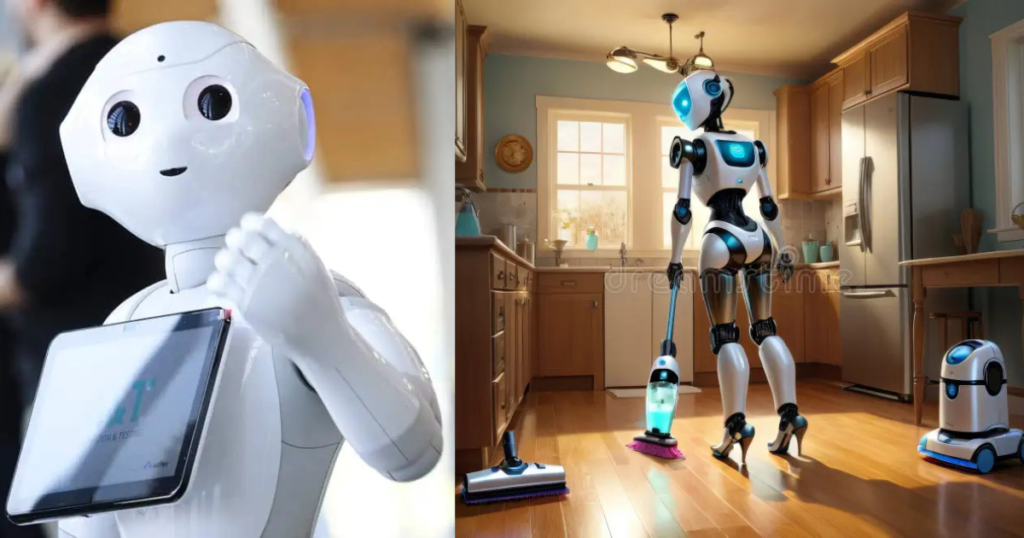
Simple AI Tools for Daily Life

Artificial Intelligence (AI) is part of our life now. It works quietly in the background and makes many things easy for us. From morning to night, AI helps us in small and big ways. Let’s see some very simple examples of how AI helps in daily life.
Smart Alarm Clocks
Normal alarms just ring at one fixed time. But smart AI alarms are different. They study how you sleep. They can wake you when you are in light sleep, so you don’t feel too tired. Some alarms also work with smart lights that slowly get bright like a sunrise. This gives you a soft and fresh wake-up.
Personalized News
AI can show news that fits what you like. If you love sports, you will see more sports news. If you live in the UK, you will get more UK updates. Someone in the US will see US news. Apps like Google News and Apple News do this every day.
Weather Forecasts
Old weather reports were not always correct. But AI uses live data, satellites, and past records to give better forecasts. It can tell if it will rain in the next hour or warn about storms before they come. This helps us stay safe.
AI Makes Life Easy
AI can do boring jobs for us. It sets alarms, reminds us of meetings, and even protects us online. These small jobs happen in the background, so our daily life becomes smoother.
AI in Communication
AI checks our writing in emails, texts, and posts. It fixes spelling, grammar, and gives better word choices. Tools like Grammarly and phone keyboards use AI to make our writing clear. This saves time for study, chatting, or work.
AI at Home
Smart devices like Alexa or Google Assistant can answer questions, play music, switch lights, and control temperature. They learn your habits. For example, if you always play music at night, the AI can do it for you without asking.
AI in Healthcare
AI helps doctors by reading reports, X-rays, and scans very fast. It finds health problems early and helps doctors choose the best treatment. In some cases, AI has saved lives by catching things humans missed.
AI in Transport

AI makes travel safer and faster. Google Maps uses AI to show the quickest road and warn about traffic. AI also helps cars park and avoid accidents. Self-driving cars are being tested with AI.
AI in Education
Students use AI tools to learn better. AI apps explain lessons simply, give practice questions, and even translate languages. Apps like Duolingo or ChatGPT make learning fun and personal. Every student can learn at their own speed.
AI for the Environment
AI is also helping the planet. It studies climate change, checks air quality, and warns about floods or earthquakes. AI tracks animals, protects forests, and helps reduce fires. This means AI helps not only people but also nature.
10 Simple AI Tools in Homes

AI is inside many home devices now. It makes life easy, safe, and sometimes cheaper.
1. Home Robots
They play with kids, read stories, play music, and even patrol the house.
2. Security Cameras
Smart cameras know faces. They warn you if a stranger comes or a parcel arrives.
3. AI TVs
You can talk to the TV and control it without a remote.
4. Smart Speakers
Alexa or Google Nest answer questions, play songs, and control lights.

5. Smart Locks
They open with your phone, not keys. If someone tries to break in, you get an alert.
6. Smart Thermostats
They save energy by learning your heating and cooling habits.
7. Robot Vacuums
They clean floors, avoid obstacles, and some even empty their own dust bins.
8. AI in Kitchen
Smart fridges check if food is fresh and suggest recipes. Some coffee machines make drinks at set times.
9. Fitness Mirrors
They track exercise and give health tips. They can even send health data to doctors.
10. Virtual Reality (VR)
AI makes VR games and lessons more real. VR is also used for fitness and study.
AI for Daily Routine
AI saves time in our daily schedule.
- Smart alarms wake us at the right time.
- AI calendars remind us of meetings, birthdays, and tasks.
- Voice assistants make to-do lists and set reminders.
- Google Maps shows the fastest way to travel.
- Email filters sort important mail.
- AI shopping lists remind us what to buy.
- Smart home devices adjust lights and temperature for us.
With AI, we can focus on important work while it handles small jobs.
AI Assistants for Busy People

AI assistants like Alexa, Siri, and Google Assistant are like smart friends. You can talk or type to them, and they do tasks for you.
They can:
- Set alarms
- Make shopping lists
- Send reminders
- Read calendar events
- Control smart devices
They also keep learning. The more you use them, the better they understand you. For example, if you ask Alexa for morning reminders, it will remember and help faster next time.
Millions of people already use them daily to save time and reduce stress. But we must also use them carefully to keep our privacy safe.
Benefits of AI in Everyday Life
- Fewer Mistakes: AI follows data and rules, so errors are less.
- Better Decisions: AI studies huge data and helps choose wisely.
- Handles Risky Jobs: AI robots can go to space, oceans, or dangerous factories.
- Works Nonstop: Unlike humans, AI can work 24/7.
- Digital Helpers: Siri, Alexa, and chatbots answer questions anytime.
FAQs
Q: What is AI in easy words?
AI means making machines think and act like humans.
Q: How does AI help daily?
It helps with alarms, smart homes, shopping, healthcare, transport, and study.
Q: Can AI work without rest?
Yes, AI works all day and night.
Q: Is AI safe?
Yes. AI can do risky jobs so humans stay safe.
Q: Will AI replace humans?
No. AI supports humans. People still do creative and important work.
Conclusion
AI is now a part of our daily life. It saves time, reduces mistakes, and makes life easier. From healthcare and study to home and shopping, AI helps everywhere. It can work all day, take risky jobs, and act like a digital helper. AI is not here to replace humans but to support us. If used wisely, AI can make life smarter, safer, and more comfortable.



